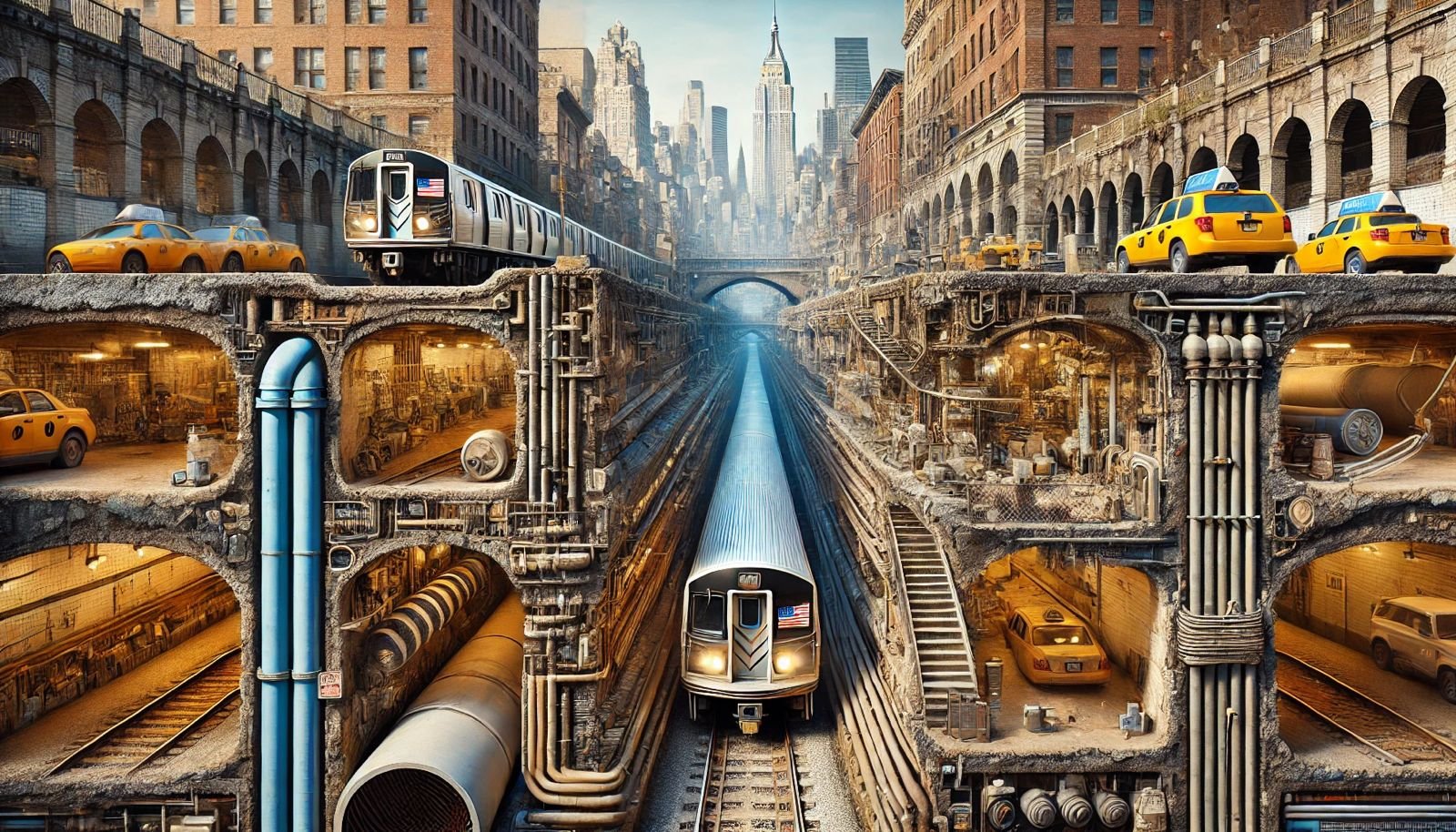
Why does New York have so many underground tunnels?
New York City is famous for its bustling streets and iconic skyline, but beneath the surface lies a complex network of underground tunnels serving various purposes. From the subway system to utility passages, these tunnels have been constructed over centuries to meet the city's unique needs. This blog explores the historical significance and contemporary relevance of New York's extensive underground infrastructure.
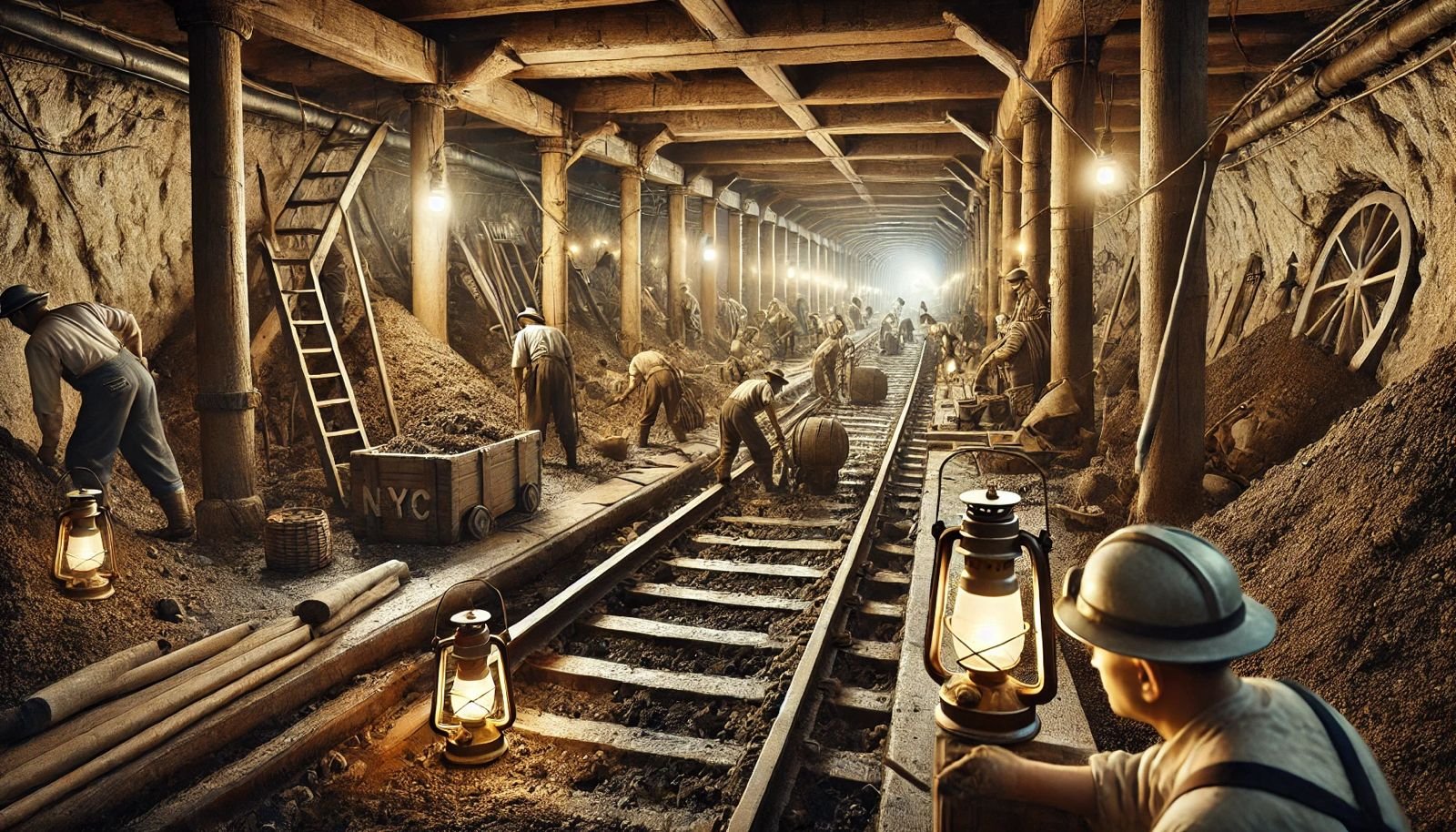
How were the NYC subway tunnels dug?
The construction of the New York City subway system is a captivating story of engineering prowess and urban evolution. This blog delves into the various methods used to dig the subway tunnels, including the cut-and-cover technique and modern tunneling machines. Discover the challenges faced by workers and how innovative techniques transformed urban transit in one of the world's busiest cities.
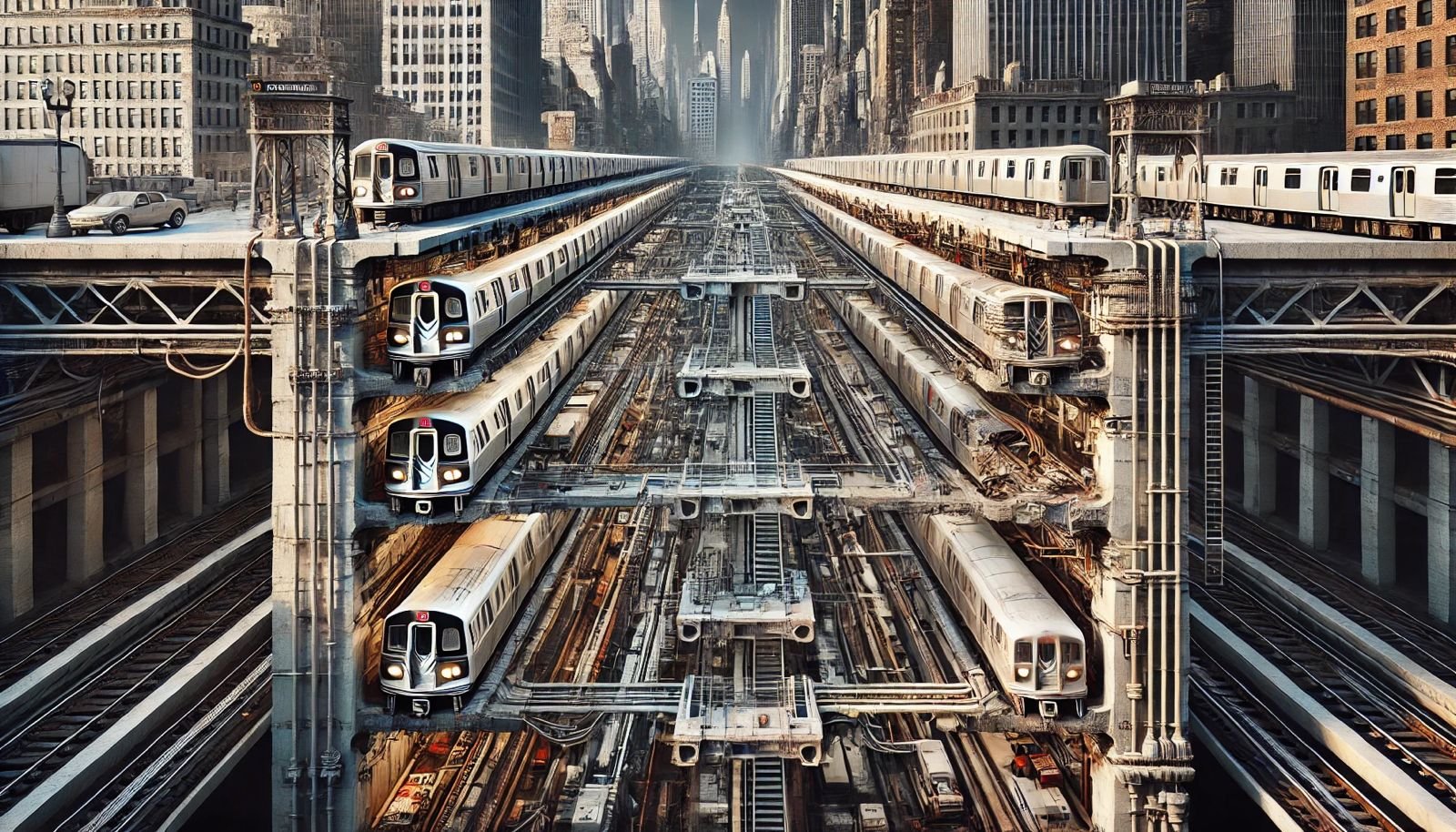
How far underground is the NYC subway?
New York City's subway system is a remarkable feat of engineering, with depths varying from 50 to over 180 feet below street level. This extensive network not only showcases the city's infrastructure complexity but also highlights the ongoing challenges of maintenance and cleanliness. Services like Sparkly Maid NYC play a vital role in ensuring these underground spaces remain welcoming for millions of daily commuters.
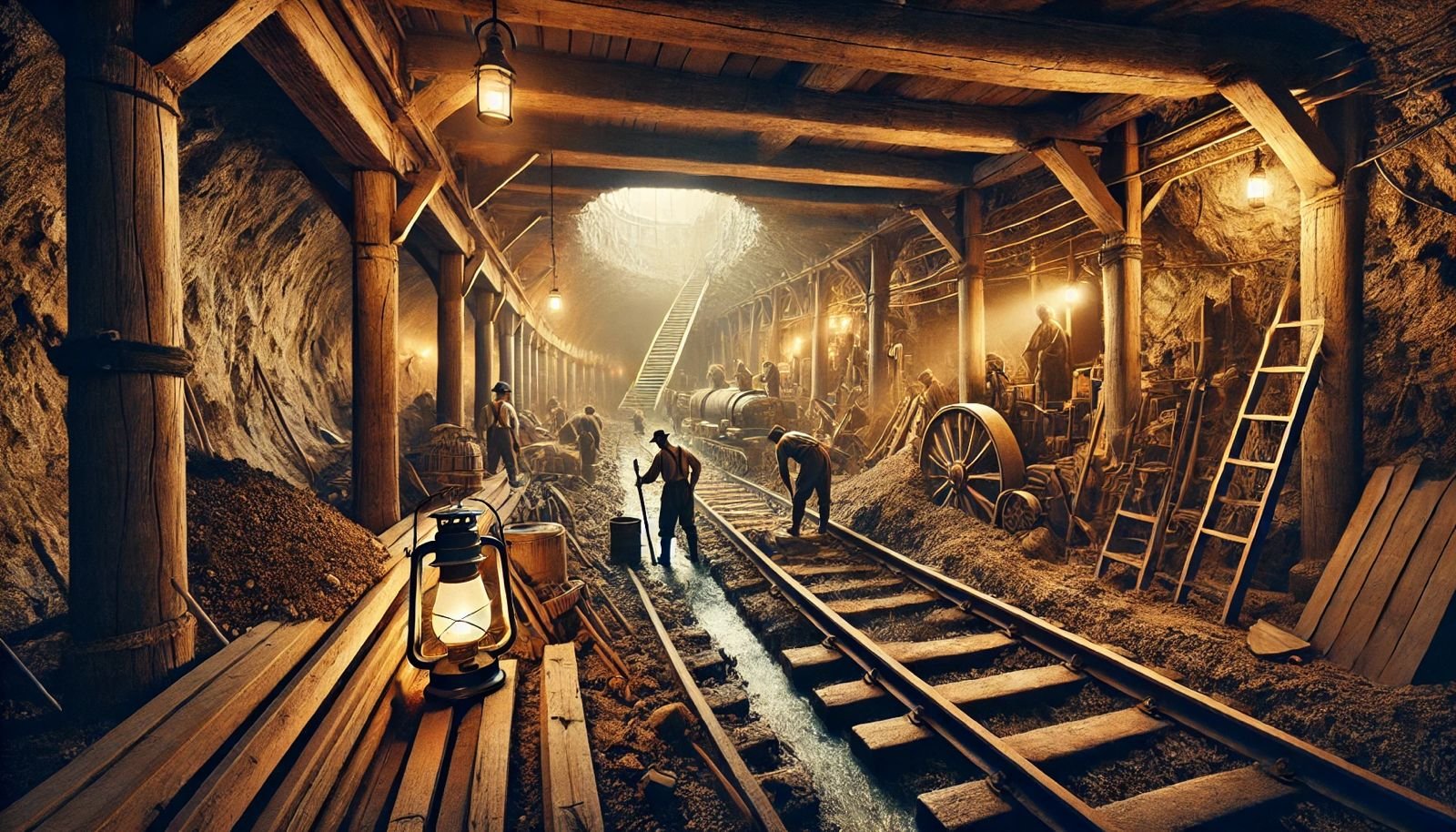
Who dug the subway tunnels in NYC?
The construction of the New York City subway is a remarkable story of engineering and labor that transformed urban transportation. Beginning in the early 1900s, this monumental project was driven by the need to alleviate traffic congestion and connect neighborhoods. With around 7,700 workers, many of whom were immigrants, the subway's tunnels were dug using innovative techniques like cut-and-cover. This blog delves into the key figures, challenges, and lasting impact of this iconic transit system.
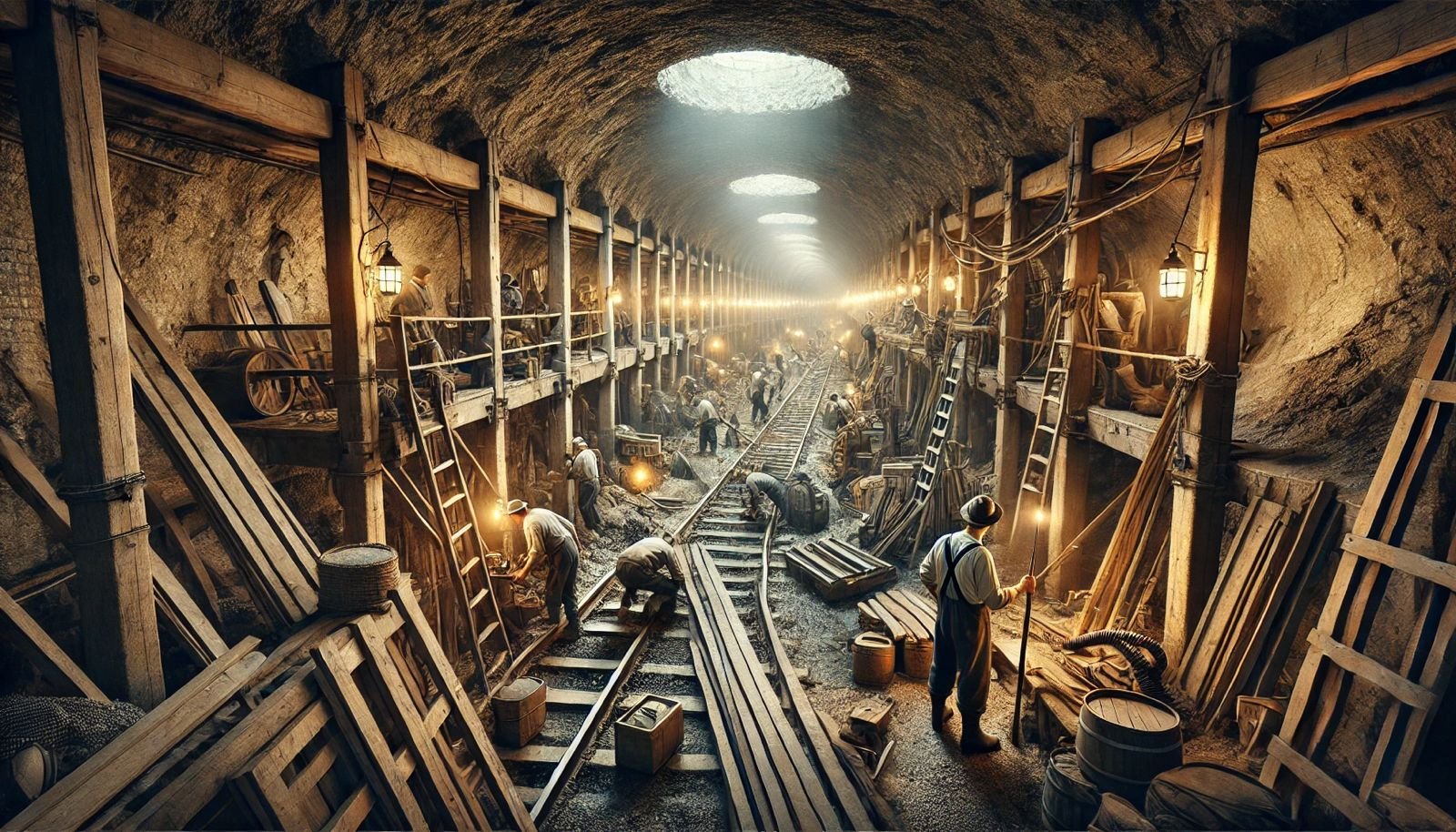
Who built the NYC subway tunnel?
The construction of the New York City subway system represents a significant milestone in urban engineering, beginning operations in 1904. Spearheaded by visionary chief engineer William B. Parsons, the project utilized innovative techniques like cut-and-cover to navigate Manhattan's complex underground. This blog explores the key figures and methods that brought this transformative transit system to life.
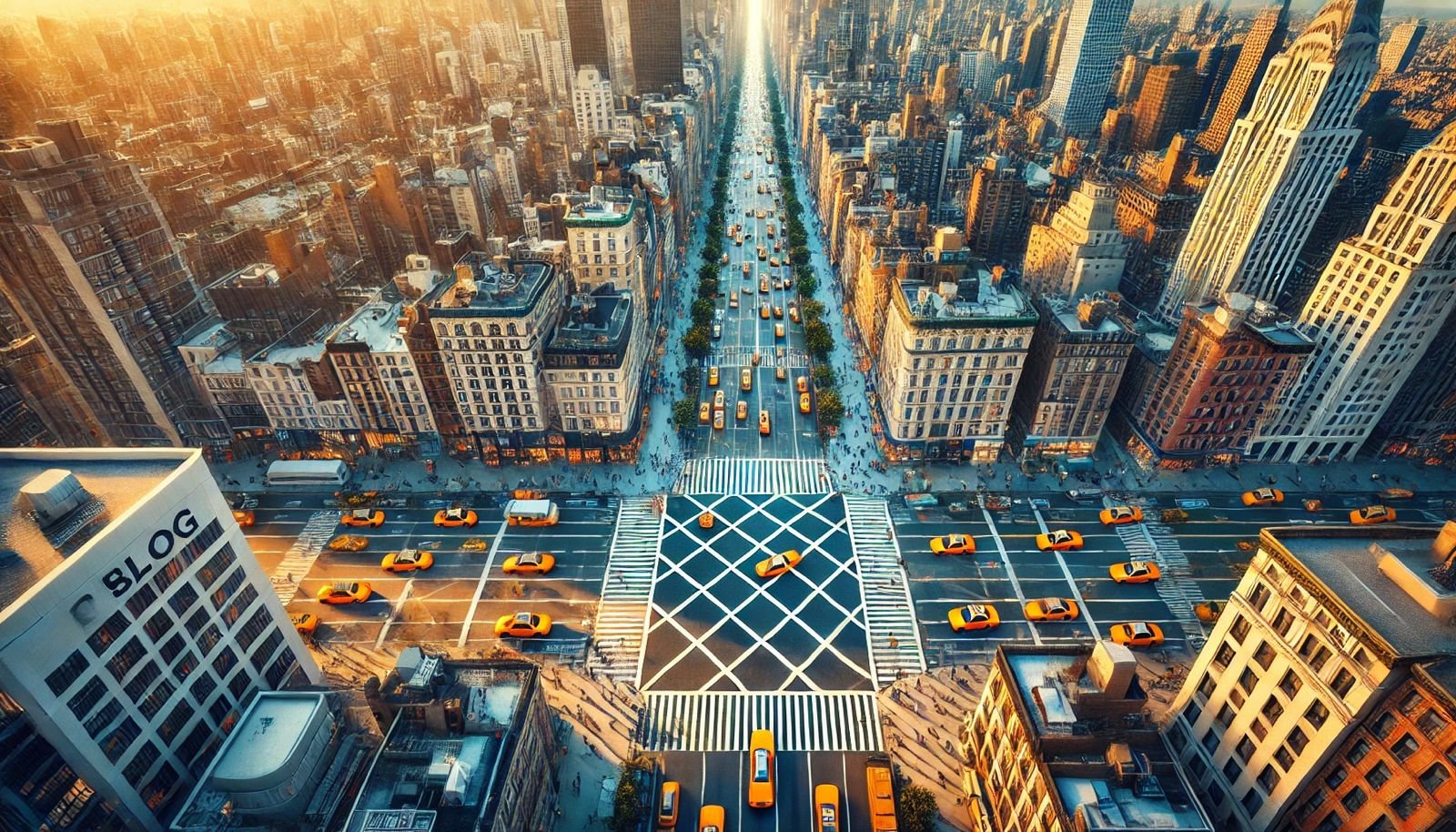
Who designed the streets of Manhattan?
The streets of Manhattan, characterized by their iconic grid pattern, narrate a compelling tale of urban evolution. This blog delves into the history and significance of this design, exploring the visionary minds behind it, such as John Randel Jr., and how their foresight shaped New York City into a global metropolis. Discover the legacy that continues to influence urban planning today.

Is Miami becoming unaffordable?
Miami is becoming increasingly captivating, but its rising cost of living poses challenges for residents. With housing prices soaring nearly 20% in the past year and rental costs climbing over 30%, many families struggle to afford basic necessities. As the city evolves, addressing these affordability issues is crucial to maintaining Miami's vibrant culture and diversity.
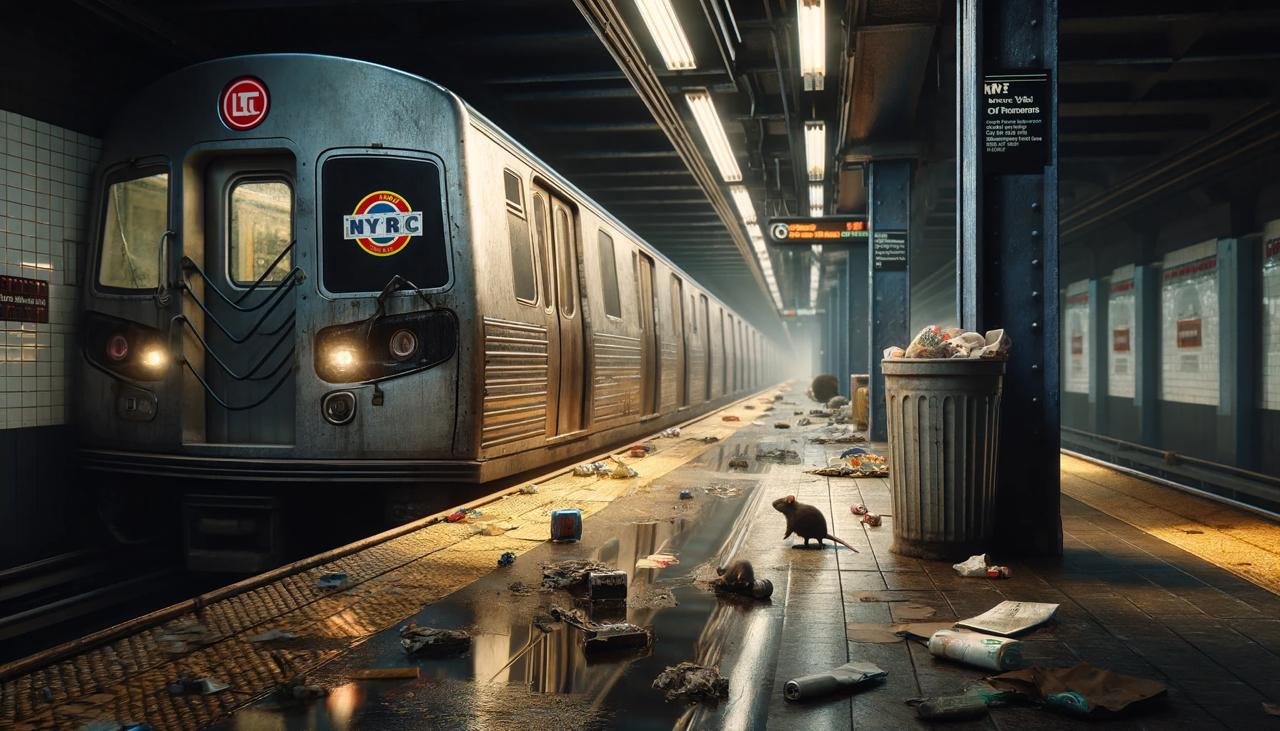
Is the NYC subway sustainable?
New York City's subway system is a cornerstone of urban public transportation, significantly reducing greenhouse gas emissions compared to car travel. However, it faces sustainability challenges, including maintenance and cleanliness. Innovative projects, such as heat recovery systems, aim to enhance energy efficiency. Partnerships with cleaning services like Sparkly Maid NYC further ensure that subway stations remain hygienic and welcoming for commuters.
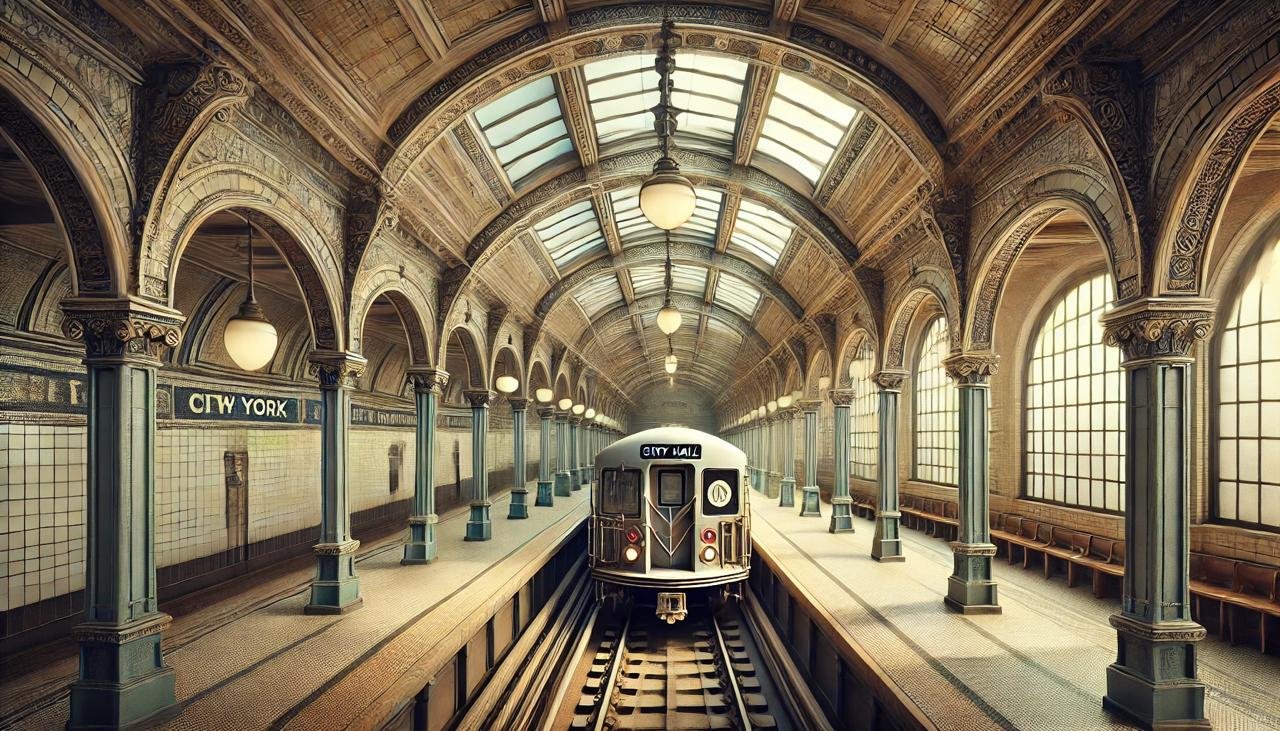
What is the oldest subway line in NYC?
The subway system in New York City, inaugurated in 1904, represents a pivotal evolution in urban transportation. The IRT Lexington Avenue Line, the oldest subway line, not only transformed commuting but also shaped the cultural landscape of the city. As we explore its historical significance and ongoing maintenance efforts, we recognize the importance of keeping this iconic transit system clean and accessible for future generations.
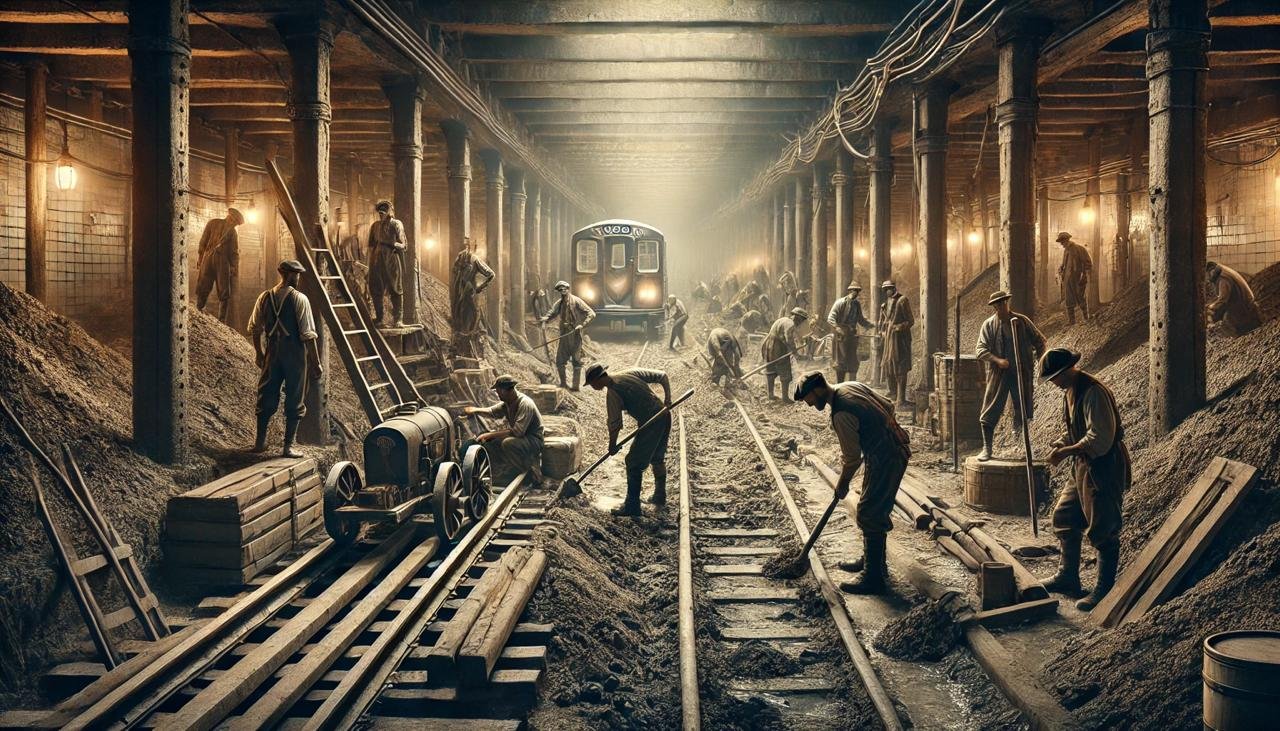
How did they dig the NYC subway?
The construction of the New York City subway is a remarkable engineering achievement that transformed urban transportation. When it opened in 1904, it was one of the first underground transit systems in the world, designed to alleviate street-level congestion. This blog explores the innovative techniques and technologies used to dig the extensive network of tunnels beneath New York City, as well as the challenges faced by workers during this monumental task.
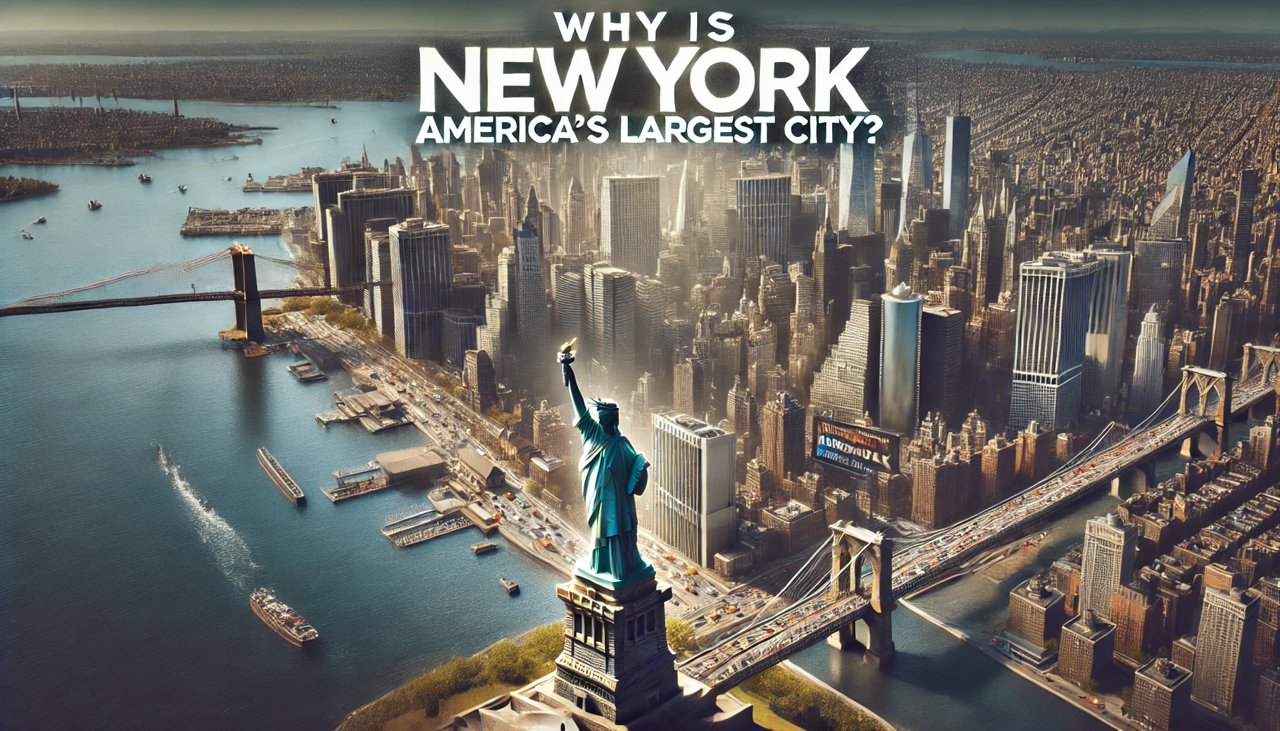
Why is New York America’s largest city?
New York City, often referred to as "The Big Apple," is the largest and most diverse city in America. Its economic power, cultural richness, and vibrant neighborhoods, combined with strong infrastructure and world-renowned institutions, have shaped it into a global hub. From Wall Street to Broadway, New York continues to thrive as a center of opportunity and diversity.

Why Did NYC Become So Big?
Explore how New York City transformed into a massive metropolis, driven by strategic location, booming economy, and waves of immigration that shaped its dynamic culture and growth.
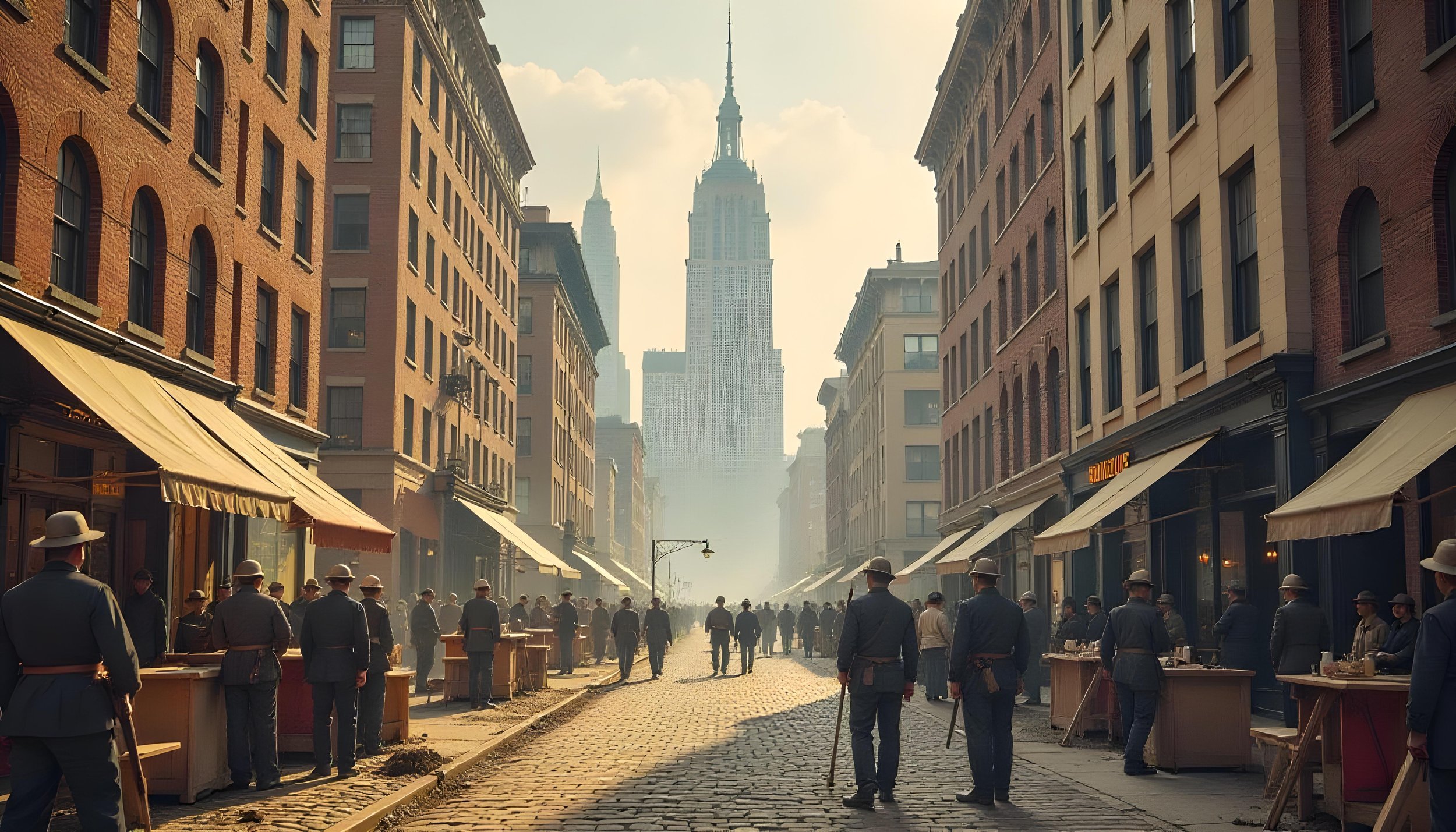
Who Originally Built New York?
Explore the origins of New York's construction, from indigenous communities to European colonizers. Learn about the key players and pivotal moments that laid the foundation for one of the most iconic cities in the world.